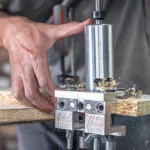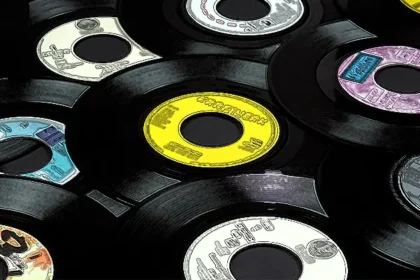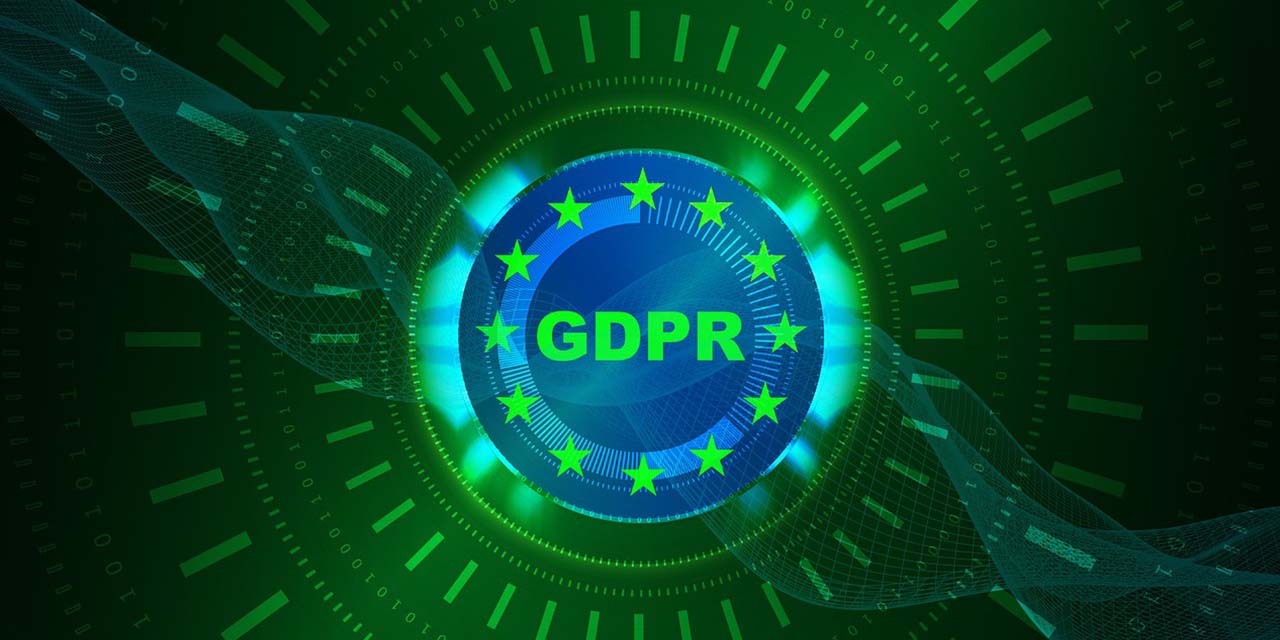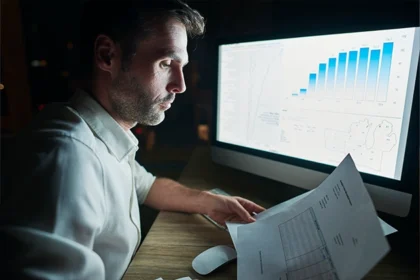Every work team is made up of all kinds of personalities. If you have ever wondered why some groups just “click,” it’s usually because team members understand how to work well with each other. People bring their own styles to the table. Some get right to the point. Others like details or just want everyone to feel included. DISC assessment for workplace collaboration helps everyone see what’s special about their own approach and what their colleagues care about.
This tool, part of many personality assessments out there, gives you a peek into team dynamics and shows how to build stronger teamwork. When you know what makes people tick, things run smoother at work, and teams can do more together.
What is the DISC Assessment?
The DISC Assessment is not something you take for a grade. Instead, it’s a personality tool built around the DISC model. DISC stands for Dominance, Influence, Steadiness, and Conscientiousness. These are four traits or “styles” that everyone has, though in different mixes.
Your DISC profile shows what style you show the most. Maybe you’re “D” and like to take charge, or “S” and bring calm and support. Understanding these styles helps you see your strengths and where you might want to grow. If you ever hear about Everything DISC or DISC style at work, that’s the idea: knowing yourself and understanding your teammates.
Key Benefits of Using DISC Assessment for Teams
There’s a reason organizational leaders care about DISC assessments. With DISC, team members start speaking the same language about behavior. No more guessing why somebody does something in a certain way. Everything DISC helps set the stage. By learning about different DISC personality types, people talk to each other better. That means fewer misunderstandings and more teamwork.
The DISC assessment is an impactful way for everyone to settle into roles where they shine. It’s a boost for the whole group, especially for teams looking to improve how they work together and deliver results. Here are the most important benefits it offers:
Boost Team Morale
Ever notice how people feel better when others see what they’re great at? DISC assessment makes that happen. By using this tool, the team can point out what’s going well instead of getting stuck on what’s not. Take an example: You have a person with a steady “S” style who always keeps things calm, even when the work gets tough. When that’s recognized, the whole group feels better and works harder. This boost to morale isn’t just luck; it comes from everyone feeling valued for who they genuinely are.
Conflict Prevention and Resolution
Arguments happen, even on strong teams. But a lot of conflict starts because people misunderstand each other’s DISC style. Maybe someone with a “D” style sounds too direct. Or a “C” individual gets quiet, and others think they’re upset. The DISC model helps solve this by giving everyone words for what’s really going on. When disagreements pop up, using DISC language keeps things cool. Teams talk about behaviors, not blame. Problems get solved quicker, and respect sticks around, even when people disagree.
Better Delegation and Role Alignment
Have you ever been given a job that just didn’t fit you? DISC can help fix that. When leaders know each person’s DISC profile, they can match jobs to strengths. Someone who scores high on “C” likes checking details and making sure nothing slips through. Give them the task, and watch them nail it. Someone with lots of “I” energy? Put them in a spot where talking and connecting with others is needed. Better delegation is about knowing what fits. Role alignment means people work where they’re happy and perform their best.
Greater Adaptability
The best teams learn to roll with changes. Greater adaptability comes when you understand DISC styles and can change your approach. The Everything DiSC® system teaches you how to spot what others need and switch up your own style to match. For instance, talking more clearly and directly with a “D” style team member, or slowing down for an “S” style person, makes a big difference. Why does this matter? It keeps things on track when you have to try new things or adapt plans fast.
How DISC Assessment Improves Workplace Collaboration?
If you want to unlock the real power of DISC, look at how it changes day-to-day teamwork. Instead of just “hoping” that everyone gets along, DISC-backed teamwork happens on purpose. People know what to expect from each other. Team members see strengths, not weaknesses. When teams use the DISC assessment, they start to work together even when things get tough. The end result? More real, positive connections and a team that handles its business well together, no matter what comes up.
Increased Empathy and Understanding
Empathy isn’t just a big word; it’s caring about how someone else feels, even if you don’t agree. DISC helps you get it. For example, if a coworker is extra careful and always checks work, instead of thinking they are slow, you might realize it’s part of their “C” style. This knowledge opens the door for more patience and fewer snap judgments. People begin to think, “Hey, maybe there’s a reason for what they do.” That simple change makes work feel friendlier and more respectful.
Enhanced Team Productivity
Teamwork matters most when there’s a crunch. DISC assessment helps a team run smoother by taking the confusion out of how people work best. If a “D” style team member likes leading, and an “S” is great with support, jobs get handled faster. Miscommunication doesn’t stall progress as much. Everyone knows their place and what to expect. The end result? Projects get done quickly, mistakes drop, and people are more willing to help each other to reach team goals.
Fosters a More Cohesive Team Environment
A tight team is one where everyone knows they matter. Everything DiSC makes this possible because it gets people talking and listening to each other. Each DISC style gets respect. When someone shares ideas and others are open-minded, good things happen. This trust helps the group bounce back from mistakes. The team backs each other up with real teamwork, so success feels shared. When everyone feels like they belong, working together just gets easier.
Supports Individual and Team Growth
Growth is about getting better on purpose, not staying the same. DISC gives a map for this. People find out what they do well and where they can improve. The team also grows, because everyone lifts each other up. If a group knows one style is missing from their mix, they can add or develop it. They use DISC model ideas for setting goals, fixing problems, and holding each other accountable. Growth is steady, and every win helps the whole team get stronger.
Take Action: Unlock Your Team’s Potential with DISC Assessment
If you want to see real change in your group, don’t just talk about teamwork; make it happen with DISC assessment. Start by learning your DISC profile and help others do the same. Watch confusion drop and smiles go up. Teams that use everything disc find new ways to understand, encourage, and support each other. The positive changes will stick around and can even spread to the whole organization. It’s not magic; it’s about using what you learn to make a difference. Try DISC and open the door to what your team can really do together.











